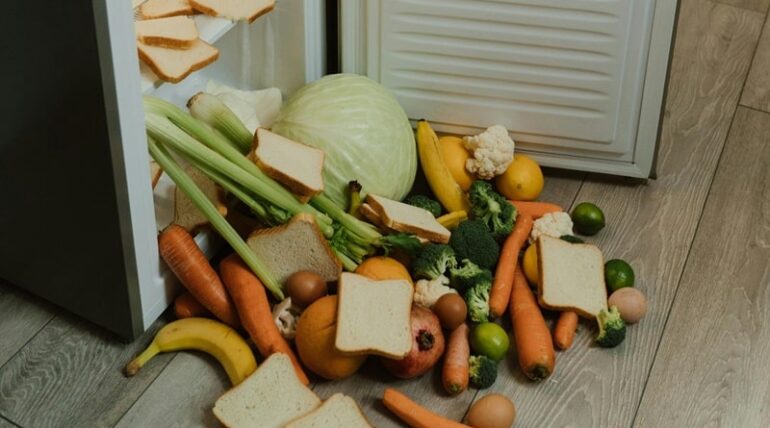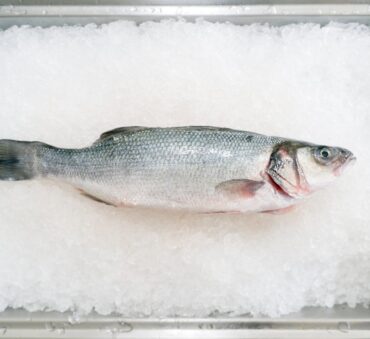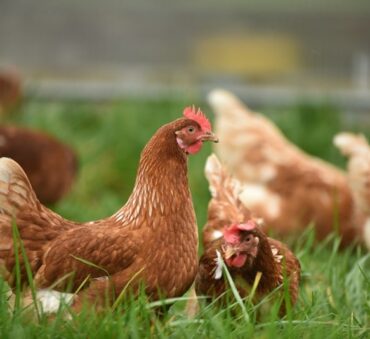Food Waste Awareness Week puts a spotlight on the current food waste crisis, highlighting the implications of food waste and working with partners around the country to create long-term reduction strategies. By improving food waste awareness, this week-long event helps fight food insecurity, minimize the environmental impact of food waste, and create a more sustainable world.
Food Waste Week, which falls on April 1st to 7th this year, is a crucial event in the United States’ environmental calendar. By raising awareness of food waste, Food Waste Awareness Week prepares us to make more conscious decisions and change the history of food waste in America.
With Food Waste Prevention Week 2024 quickly approaching, let’s explore food waste in the United States, the origins of Food Waste Prevention Week, and how to get involved.
Key Takeaways
- Food Waste Awareness Week was officially launched in California in March 2018, with support from California’s Governor, Secretary of Agriculture, Superintendent of Public Instruction, and other leaders.
- Food Waste Week quickly grew, becoming a national effort to raise food waste awareness on a local, national, and global level.
- The goal of Food Waste Week is to educate and inspire real cultural change around food waste, helping families save money, reducing the negative impact of food waste on the environment, and addressing hunger in our communities.
- Food Waste Awareness Week 2024 has 600+ sponsors and partners, offering activities and events for everybody and involving sponsors, partners, schools, sports teams, libraries, households, and individuals.
- While Food Waste Week is a week-long campaign, it acts as an opportunity for businesses and individuals to learn innovative strategies that can be applied all year, fostering partnerships and driving policy advocacy.
Understanding the Issue of Food Waste
Food waste is food that is either discarded or wasted, which includes both avoidable and unavoidable food waste. This includes unharvested crops, leftovers that are thrown out, ugly produce waste, and everything in between.
Unfortunately, food waste in the United States, as well as around the world, has become a huge problem. Overall, 30-40% of the food supply in the United States is wasted, resulting in severe environmental, economic, and social implications.
So, how does food waste affect the environment?
Food waste also wastes the resources required to produce it, including land, water, energy, and labor. In regards to water, 24 percent of all water used for agriculture is wasted on food that is never consumed. Food waste also contributes to land degradation, a loss of biodiversity, and air and water pollution. In addition, its decomposition process in landfills results in the production of methane, a dangerous greenhouse gas that contributes to climate change.
Besides environmental concerns, there’s also severe economic consequences to food waste. The economic impact of food waste is so large that the food supply that’s lost or wasted costs an estimated $218 billion, or 1.3% of GDP, every single year in the United States.
These staggering statistics also come with social ramifications. With food insecurity affecting 44 million people in the United States, there’s a huge injustice in the amount of food wasted. With around a pound of food wasted per person per day in the U.S., it’s easy to see the importance of food waste strategies, such as improved food collection and donation.
While food waste by state varies, every state could benefit from better waste management strategies, making Food Waste Awareness Week an important part of the fight against it.
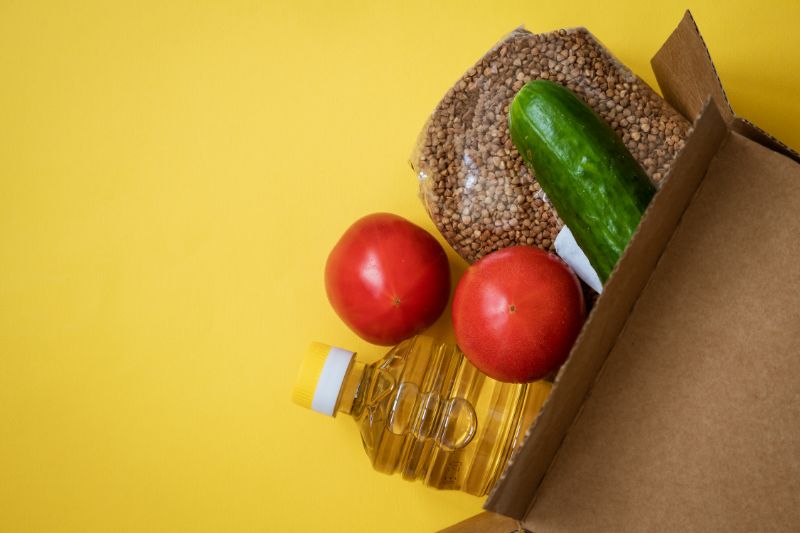
How to Raise Awareness for Food Waste?
Raising awareness of food waste is the first step in altering food waste behaviors. There are multiple ways to bring attention to this crisis, including workshops, webinars, and local initiatives and events. Since many people aren’t aware of the reality of this crisis, these events allow experts and community leaders to share knowledge on the amount of waste being produced and how to reduce it.
And for a modern approach to awareness, leveraging social media for widespread engagement is a great way to capture a new audience. Some of the ways to draw attention to the cause are through hashtags, shareable content, and challenges. It’s important to remember that small changes in our everyday habits can make a difference, and raising awareness through social media can be fun and educational at the same time. For instance, maybe there’s a viral competition to turn your food scraps into a complete meal, therefore promoting the idea of repurposing food to keep it out of landfills.
Community initiatives are also a great way to encourage people to participate. Working as a community often makes people prouder to contribute, as they can make a difference in their own neighborhood. Local media can help these efforts by featuring stories on successful food waste reduction in neighborhoods, which may include partnerships with food banks, shelters, and nonprofit organizations to rescue surplus food. Some cities may even advocate for programs in local schools that promote food waste awareness.
Many of these initiatives are discussed throughout Food Waste Awareness Week but should be implemented year-round to make a lasting impact.
The Origins of Food Waste Prevention Week
In 2017, the Nutrition Policy Institute and the Public Health Alliance of Southern California initiated a collaboration among state agencies in California to raise awareness about food waste. This was during a time in which there was a growing recognition of the significant environmental, economic, and social impacts of food waste. With this initiative, California hoped to bring awareness to their local communities and the nation, creating a statewide push to recognize how food waste intersects with the work of numerous state agencies.
In March 2018, Food Waste Prevention Week was officially launched in California, with support from California’s Governor, Secretary of Agriculture, Superintendent of Public Instruction, and other leaders.
After a successful first year, Food Waste Awareness Week gained attention from other states and local communities. This led to more widespread participation among local, regional, state, and national partners. Food Waste Awareness Week 2023 had more than 600 partners across 48 states and 11 countries, showing huge growth in only a couple of years.
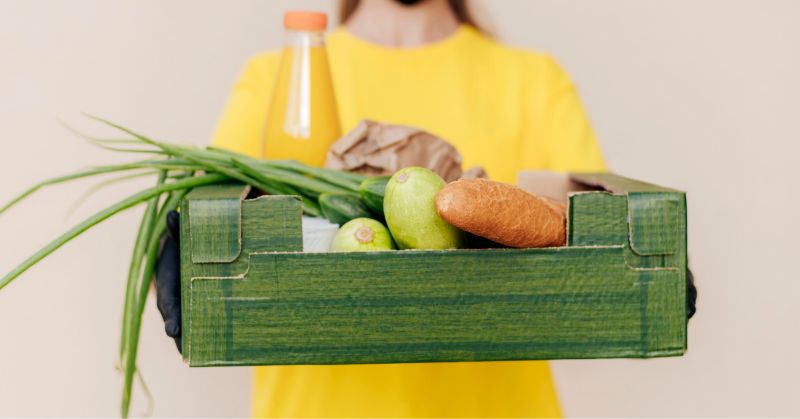
The Goals of Food Waste Prevention Week
Food Waste Week has become a national effort to raise food waste awareness on a local, national, and global level. By hosting online and in-person events, they aim to encourage individuals and organizations to reduce food waste at home, at work, and in their communities.
According to organizers, the goal of Food Waste Week is to educate and inspire real cultural change around food waste, helping families save money, reducing the negative impact of food waste on the environment, and addressing hunger in our communities.
To reach a larger audience, they have diverse and engaging activities, such as social media campaigns, sustainability fairs, food waste reduction demonstrations, education tables at farmers markets, and community events.
This week also provides a platform for different organizations to connect and collaborate. The idea is that organizations, which may include non-profits, government agencies, and industry leaders, come together to create new ideas to drive change in their communities.
One of the targeted outcomes of the week is increased engagement in food waste reduction practices among individuals, businesses, and communities. This may be measured through factors such as the amount of food waste diverted from landfills, whether there’s been a long-term decrease in methane emmissions, and if there have been cost savings related to food waste reduction.
By driving tangible change in how food is consumed, wasted, and valued in society, it’s expected that it will have a direct influence on the environment, economy, and community. More awareness may also drive policy advocacy, such as incentives for food donation, standardized date labeling, and composting infrastructure development.
Food Waste Prevention Week 2024
The number of individuals, businesses, schools, non-profit organizations, and government agencies participating in Food Waste Prevention Week continues to grow every year. With over 600 partners at last year’s event, it set the stage for Food Waste Prevention Week 2024 to be the largest yet.
The 2024 edition expects a significant increase in participation, with a diverse range of stakeholders joining forces to tackle food waste from various angles. From April 1st to 7th, 600+ sponsors and partners will come together to discuss how to raise awareness for food waste and explore innovative strategies to prevent it. This year’s national planning team is led by the Food Conservation Alliance and the State of Oregon Department of Environmental Quality.
Food Waste Prevention Week 2024 offers activities and events for everybody, with the idea of involving sponsors, partners, schools, sports teams, libraries, households, and individuals. Some of the ways they’re getting people involved are through social media, art contests, webinars, service opportunities for teaching resources, in-person events, and the first Feast of Words K-12 Poetry Contest.
How to Get Involved: Practical Tips for Reducing Food Waste
There are many ways to get involved in this year’s event, such as joining a webinar, sharing awareness on social media, or attending one of your local events. However, the best way to participate in Food Waste Prevention Week 2024 is to apply your new food waste reduction skills to your everyday life, all year long.
For individuals, reducing food waste in your homes may include meal planning, proper food storage, using old ingredients in new recipes, and even learning and understanding how to read expiration dates.
For businesses, strategies to reduce food waste may include improved inventory management, utilizing technology for crop management, and optimizing logistic routes, among others.
For both businesses and individuals, getting involved in community initiatives is key to reducing food waste. Local food donation initiatives are a great way to keep food out of landfills and help the many people who face food insecurity.
And while Food Waste Prevention Week focuses on reducing waste, another important aspect is knowing what to do with the waste that is generated, which may include recycling or composting food waste.
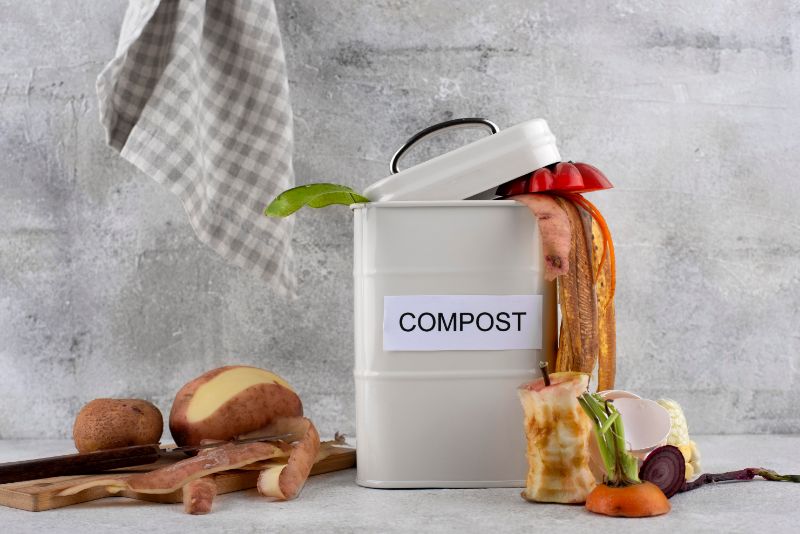
The Bigger Picture: Towards a Sustainable Future
The idea behind Food Waste Awareness Week is to work towards a more sustainable future. Why?
Because reducing food waste in landfills helps improve food security, reduce the economic impact of food waste, and address environmental issues involving food waste and climate change.
For businesses, conducting a food waste audit is key to creating a long-term strategy, as it helps identify how much waste is being generated and why. And since food waste in the supply chain occurs at every stage, food waste audits are a great way for food-related businesses to understand what changes they can make in their everyday operations.
When individuals and communities come together to address and reduce food waste, it encourages businesses to incorporate sustainable practices, increases the number of local initiatives available, and creates a community of people who are all working to fight the food waste crisis.
As Food Waste Week approaches, we encourage participants to remember that this isn’t only a week-long campaign but the start of creating a sustainable future.
The Bottom Line
Food Waste Awareness Week is a great initiative that brings together sponsors, government agencies, large corporations, and individuals. By creating a community that focuses on raising awareness of food waste, there’s an increased chance that more people will get involved and start applying food waste prevention strategies in their everyday lives and operations.
Since food waste is not completely avoidable, companies should partner with food waste management companies to manage their waste in a more environmentally friendly way. At Shapiro, we have comprehensive food waste management solutions that are cost-efficient, non-disruptive to your day-to-day operations, and help you do your part in fighting the food waste crisis.
Contact us to learn more about our services.
Baily Ramsey, an accomplished marketing specialist, brings a unique blend of anthropological insight and marketing finesse to the digital landscape. Specializing in educational content creation, she creates content for various industries, with a particular interest in environmental initiatives.
